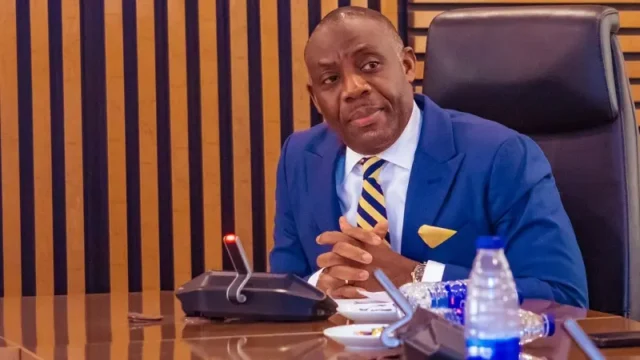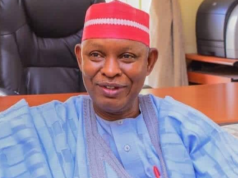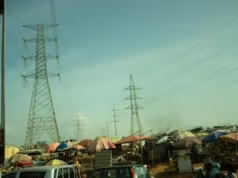In a bold move aimed at reshaping Nigeria’s higher-education landscape, the Federal Government has announced a seven-year moratorium on establishing new tertiary institutions. The decision, endorsed at the Federal Executive Council (FEC) meeting presided over by President Bola Tinubu on 13 August 2025, has sparked robust debate. But interestingly, the dominant reaction from Stakeholders, including academia, education managers, and policy experts, has been one of relief and support.
The message from the government is clear: Nigeria must first consolidate and strengthen the institutions it already has before opening new ones. For a country with over 200 universities, 150 polytechnics, and 220 colleges of education, many of which struggle with inadequate facilities, staffing shortages, and poor funding, this decision could mark a turning point.
Table of Contents
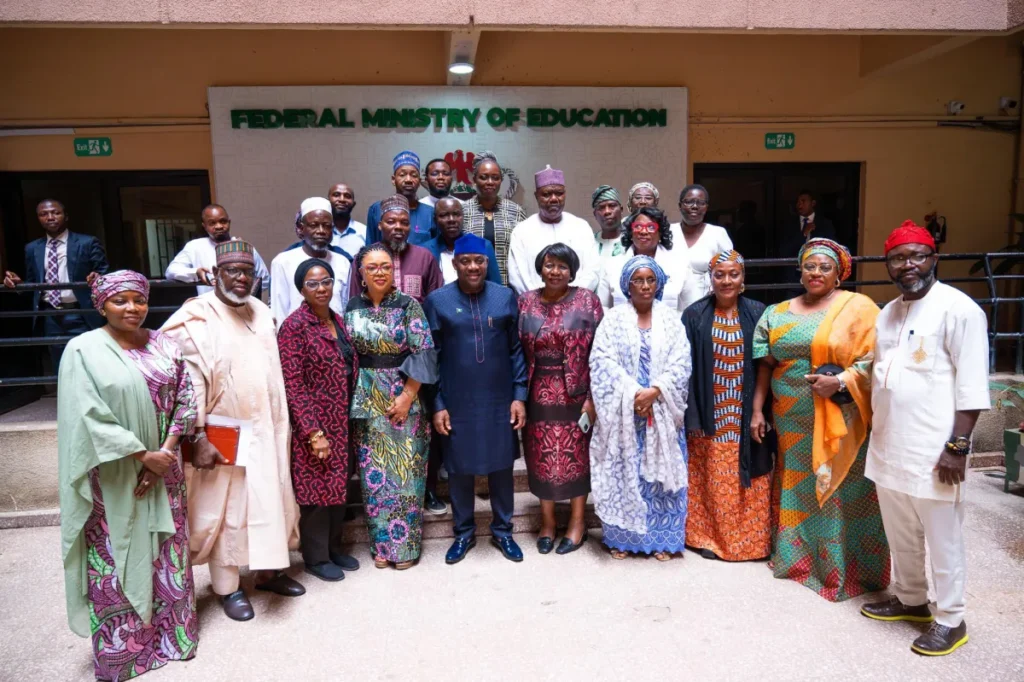
Stakeholders Insist on Quality Before Quantity
One of the strongest arguments in favour of the moratorium is the need to prioritise quality over sheer numbers.
Professor Adesola Ajayi, Vice-Chancellor of Abiola Ajimobi Technical University, did not mince words when she described many of Nigeria’s newer universities as “underpopulated shells.” She revealed that some federal institutions have fewer than 1,000 students, even after ten years of existence. To her, this reflects a wasteful scattering of resources.
Ajayi suggests that Nigeria should emulate countries that focus on consolidating a few strong institutions rather than spreading thin. She said:
“What we need is not more universities on paper, but better ones in practice. A pause of 10–15 years will allow us to refocus on training lecturers, expanding laboratories, digitising libraries, and creating vibrant campuses where students can truly thrive.”
NIPSS Calls for Stronger Technical and Vocational Pathways
Support has also come from policy circles. Sola Adeyanju, spokesperson of the National Institute for Policy and Strategic Studies (NIPSS), called the decision “a very good one.” He stressed that Nigeria’s obsession with universities has created an imbalance—downplaying technical and vocational education, which the economy urgently needs.
He explained that while universities turn out thousands of graduates yearly, industries continue to lament a shortage of skilled technicians, artisans, and vocational workers. A redirection of attention and funding towards Technical and Vocational Education and Training (TVET) could address unemployment while equipping Nigerian youths with practical, income-earning skills.
According to him:
“If you build another 20 universities without fixing the power supply, laboratories, or teaching quality in the existing ones, you are only multiplying mediocrity. Instead, we need well-equipped polytechnics and vocational centres that can produce the kind of manpower a modern economy requires.”
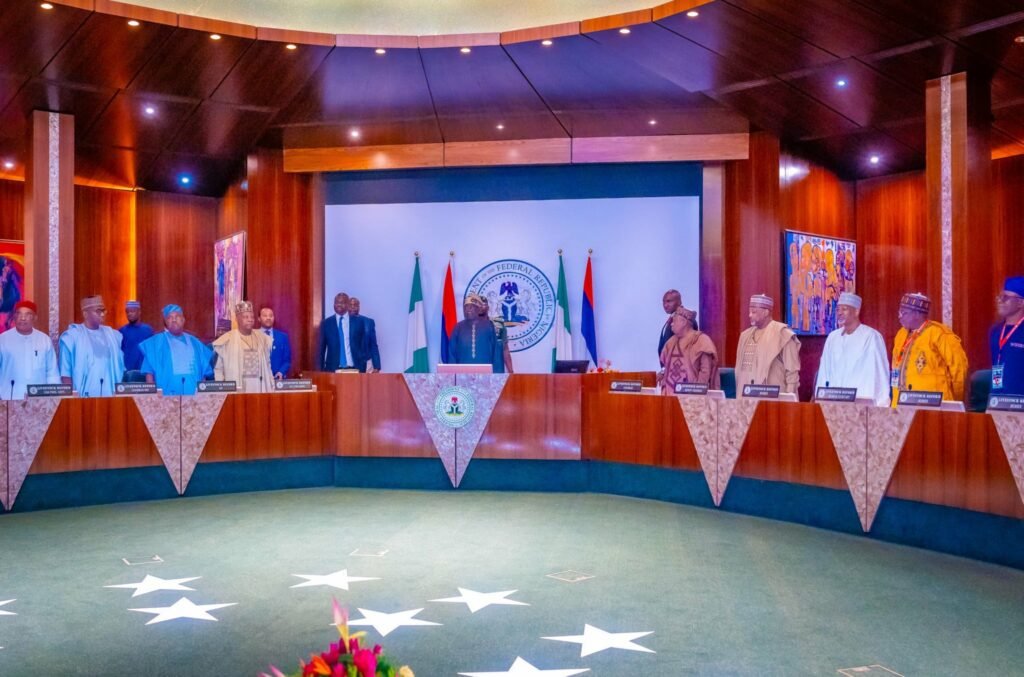
The Politics of Proliferation
Another strong point raised by education experts is the politicisation of university creation. Professor Noah Yusuf, former Vice-Chancellor of Al-Hikmah University, Ilorin, argued that many new federal institutions were established not out of necessity but as political compensation for communities.
He observed that debates over where to site new universities often generated more heat than discussions about curriculum relevance or teaching quality. In his words:
“Universities have become bargaining chips in politics. Every senator or governor wants one for their constituency. But at the end of the day, these institutions are left unfunded, understaffed, and sometimes half-abandoned.”
By imposing the moratorium, the Federal Government, in his view, has taken a step towards breaking this cycle of politicisation. He also called for the implementation of UNESCO’s recommendation that countries allocate 15–20% of their national budgets to education—a benchmark Nigeria has consistently missed.
The Rise of Private Universities
Interestingly, while public institutions wrestle with strikes, dilapidated hostels, and outdated facilities, Nigeria’s private universities are quietly gaining credibility. Yusuf observed that many private institutions now run stable academic calendars, graduate students on schedule, and maintain cleaner campuses.
Although tuition fees in private universities remain out of reach for many Nigerian families, their consistency and growth suggest they may play a stronger role during this seven-year freeze. Stakeholders believe the government should support private-sector partnerships in research, technology, and innovation, rather than viewing them as competitors.
A Chance to Rebuild Existing Campuses
For many stakeholders, the moratorium is less about what the government has stopped and more about what it has started. The decision opens up a window for investment in existing institutions. This includes:
- Recruitment of qualified lecturers to address understaffing.
- Modernisation of libraries and laboratories to match 21st-century needs.
- Digital transformation, including e-learning platforms and smart classrooms.
- Upgrading hostels, classrooms, and lecture theatres to improve student experience.
- Increased funding and transparent management to avoid project abandonment.
If pursued seriously, these interventions could help Nigerian universities compete regionally with institutions in South Africa, Egypt, and Ghana.
Balancing Expansion with Sustainability
While many support the ban, critics caution that Nigeria’s growing population—projected to surpass 250 million by 2030—will inevitably demand more spaces in higher education. The challenge, therefore, is to ensure the moratorium is not just a delay but a reset.
Some experts suggest that, alongside rebuilding, the government must also explore alternative models, such as distance learning centres, partnerships with global universities, and community-based colleges that do not carry the heavy cost of full-fledged institutions.
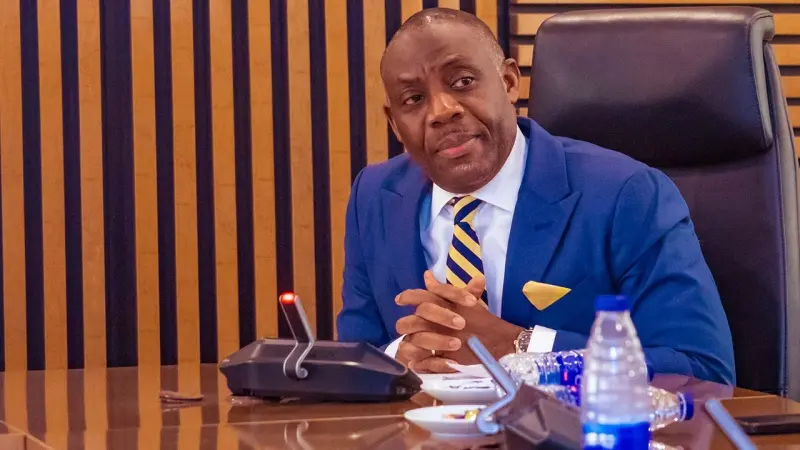
Stakeholders See The Bigger Picture
Ultimately, the ban on new tertiary institutions in Nigeria is not about shutting doors; it is about slowing down to reorganise. By consolidating resources, depoliticising education, and giving room for private and vocational institutions to grow, Nigeria could set a new foundation for its future workforce.
For many stakeholders, this is a chance to ensure that Nigerian higher education does not just expand, but evolves.
Join Our Social Media Channels:
WhatsApp: NaijaEyes
Facebook: NaijaEyes
Twitter: NaijaEyes
Instagram: NaijaEyes
TikTok: NaijaEyes
READ THE LATEST EDUCATION NEWS


